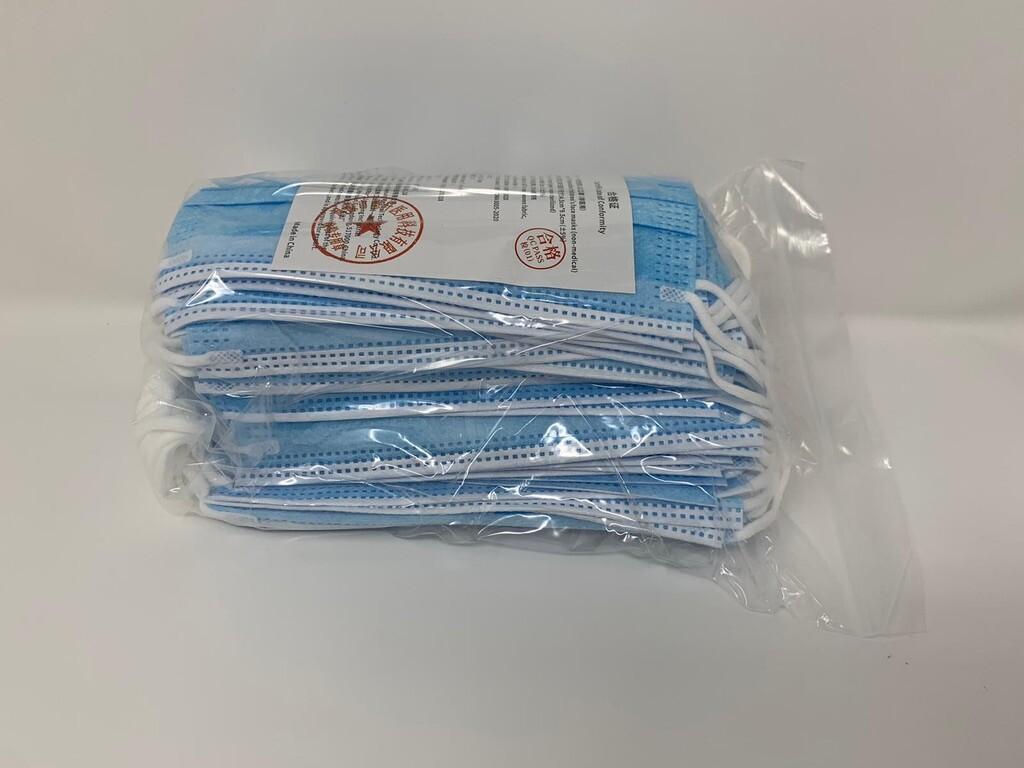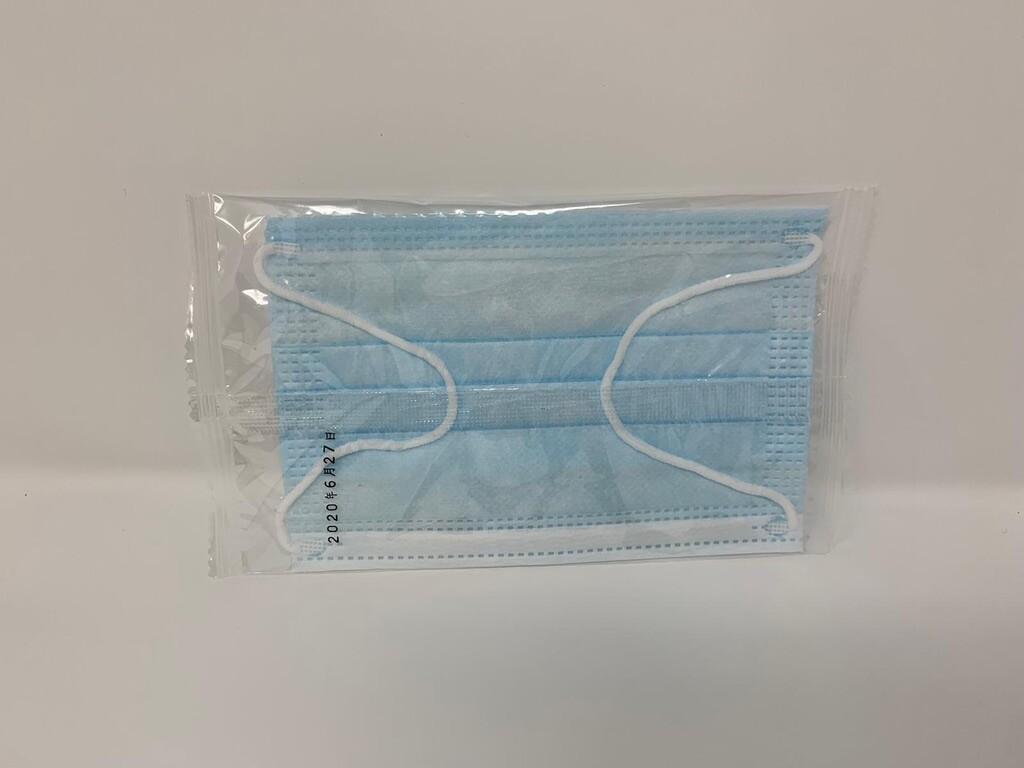Face masks can help reduce coronavirus transmission, which has prompted mandates and recommendations for their use where social distancing is difficult to maintain. As the world emerges from shutdowns, wearing face masks for long periods of time in settings such as offices will increase.
While these protective measures are vital in fighting the spread of COVID-19, a new phenomenon is emerging – increasing reports of dry, uncomfortable eyes.
Dry eye has become much better understood in recent years thanks to the Centre for Ocular Research & Education (CORE) at the University of Waterloo, the Tear Film and Ocular Surface Society, and other researchers around the globe.
Mask-associated dry eye
The term “mask-associated dry eye (MADE)” was initially described by an ophthalmologist in June based on increasing incidents in his office.
Individuals with existing dry eye disease report worsening symptoms – a problematic occurrence of millions of people globally who already struggle with the issue. Concurrently, previously asymptomatic individuals are flagging uncomfortable eyes and variable vision for the first time, especially when reading or using digital devices for long periods of time.

Face masks significantly reduce the spread of air outwards from the mouth and nose. Nevertheless, the exhaled air still needs to disperse. When a face mask sits loosely against the face, this forces a stream of air over the surface of the eye, creating conditions that accelerate the evaporation of the tear film.
Those who wear glasses are well aware of this, shown by the annoying lens fogging that often occurs when breathing under a mask.
When face masks are used for long periods, the repeated evaporation might lead to dry spots on the ocular surface.
For more information about this story, click here to read now.
LEARN MORE
Learn how to stay safe by enrolling in a mask fitting test which is a requirement for many workplaces and school admissions or the available masks for sale by visiting our face mask sale page.
Live Science: Effectiveness of Face Masks in Reducing Coronavirus Spread

